Vision
Inkstick believes that hope is logical, global is local, and human security is national security. We strive to elevate a multiplicity of voices and perspectives — especially those that have been historically silenced or spoken over — and explore the intersection of global security and more proximate human needs with empathy. In doing so, we are dedicated to seeking insight into what has become a defining feature of modern existence: life amidst endless war.

Mission
Inkstick Media is a nonprofit newsroom that seeks to spur real-world change. We publish independent investigative audio and print reporting that shines a light on the toughest problems in global security and centers the voices of those on the ground, alongside forward-thinking analysis from the next generation of leaders.

Concise, well researched, timely, compelling. Storytelling that always leaves me knowing and understanding the world we live in a little bit better.
Inkstick believes in challenging the status quo in global security. We work to center and amplify the voices of those who have historically been marginalized in an effort to achieve greater security for all.

Building the Next Generation
Inkstick is uniquely positioned to speak to and foster the next generation of foreign policy and national security thinkers. We’re building opportunities for young people to publish, create, and think beyond the confines of current leadership toward a brighter, more equitable, and more peaceful future. We represent the next generation of foreign policy, and we have the next generation’s ear. Our reputation among Millennial and Gen Z influencers in the global security space is unmatched, with nearly 70% of our audience falling between the ages of 18 and 44. This is true both inside and outside of government. Inkstick’s content is reaching the young people who staff government institutions and congressional offices, just as it is reaching young people in the pipeline toward those institutions and offices.
Thanks for being you! Appreciate your goals of diversifying the foreign policy space to then diversify the narrative and norms around foreign policy. It is so very much needed!
Redefining Security
Inkstick is conscious of being a gatekeeper to the historically segregated media industry and actively works to disrupt these trends. We play a key role in elevating underrepresented voices. For example, we have served as the first outlet for authors who have gone on, within the year, to publish in The New York Times. Inkstick is further leading the way in conversations that broaden our understanding of security, radically rethinking the interweave of foreign and domestic security. In doing so, Inkstick is changing the way we think about these issues: Shifting our global perspective to include the lived experience of impacted communities across the world. In the process, we are rewriting a history told by those traditionally in power, and beginning to move that power into the hands of “the rest of us.”
Forging a New Perspective
Over the past five years, Inkstick has built a community of domestic and global writers who take a nuanced lens to domestic and global security issues from their vantage points in places like Atlanta, New Mexico, Lagos, Malta, Beirut, Uttar Pradesh, and Lahore. Our authors tell stories that affect all of us from their distinct frames of reference, offering deep human perspectives on some of the most important questions of today. Hunter Williamson, for example, is a sharp young reporter who brings us on-the-ground stories from the Middle East and Europe including deep dives into Hezbollah’s private arsenal, and the religious undertones of the war in Ukraine. Ramona Wadi brings deep historic nuances and an artistic perspective to her coverage of Latin America.
Our work has been cited in a growing number of major outlets, including in the Washington Post, Newsweek, and Foreign Policy, as well as major newsletters including Foreign Policy Interrupted and Foreign Exchanges. Writings regularly appear in major Beltway newsletters, such as the D Brief and Early Bird, as well as on internal agency and congressional listservs. And our work frequently appears on college and university curricula, including at the University of Southern California, George Washington University, Harvard University, and the Naval War College, demonstrating the unique value and accessibility of Inkstick’s offerings.
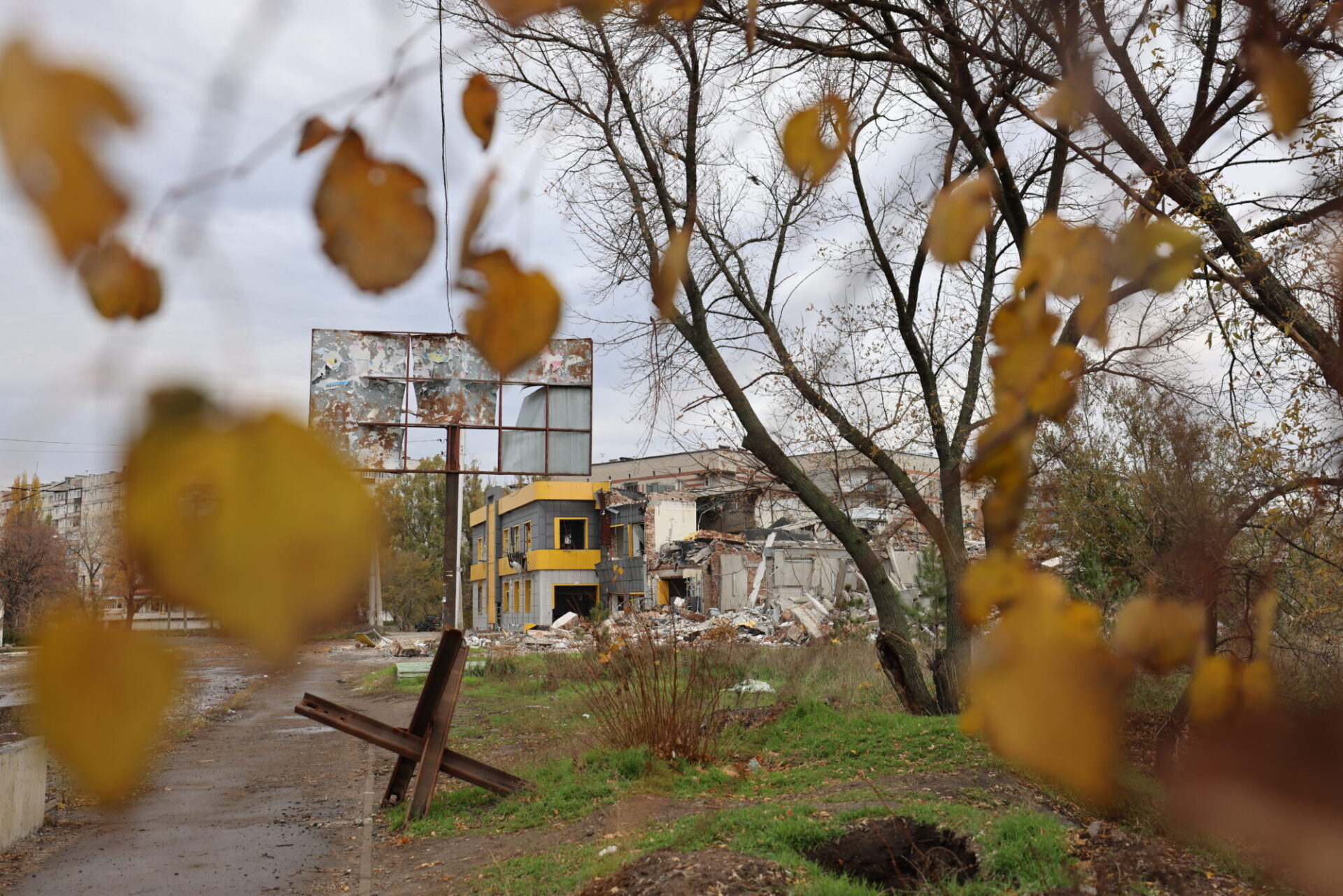
Inkstick remains one of the few outlets focused on foreign policy and national security that does not accept money or influence from contractors or government entities that might color its views. Partly as a result, recent feedback has highlighted that Inkstick and its properties feature not just a diversity of voices but a diversity of opinions and perspectives that are not often found in other outlets.
Shining a Light on the Toughest Problems Others Miss
In 2022, Inkstick spearheaded a new beat by hiring Atlanta-based journalist Taylor Barnes as a field reporter for the military-industrial complex. In the months since she joined us, Barnes has kicked off a public records and legal battle with the state of Utah and Northrop Grumman to obtain access to a redacted contract to subsidize the defense contractor’s new intercontinental ballistic missile plant. She’s produced a first-of-its-kind dataset and report on dwindling union strength at the top five Pentagon contractors. She exposed the low rates of women’s employment at defense contractors — none of the top five have a workforce more than 25% female — and spoke with women at defense shops across the country about why. And outside of her written work, she led a watchdog workshop for activists across the country on investigating state and local subsidies to defense contractors. Taylor also corresponds with young journalists interested in the field as we cultivate a pipeline of future field reporters for the military-industrial complex we hope to employ in the years to come.
Inkstick sets the bar for writer/editor engagement. Editors are effective and timely communicators and offer positive feedback that makes pieces better. It is an absolute pleasure to work with the Inkstick team.
Inkstick’s series on the future of national security work cast light on toxic workplace practices that disproportionately impact the national security workforce along lines of race, gender, disability and socioeconomic background. As a result the series, and Inkstick’s ongoing focus on these issues, has produced real and measurable change. Inkstick’s series on the future of work was not only delivered to US Secretary of State Antony Blinken’s desk, but also included in reviews of workplace and hiring practices at the National Defense University and National Nuclear Security Administration. As part of the latter study, Inkstick CEO Laicie Heeley was invited to consult with NNSA on its recruitment and retention policies.
Our podcast, Things That Go Boom, highlights and elevates a diversity of voices and reaches a broad intersection of America through its appearance on National Public Radio. In its regular features on The World, the show reaches 500,000+ listeners on broadcast stations across the country, in addition to an average of 60,000 downloads/show. Things That Go Boom has also been featured by Apple Podcasts, Stitcher, and NPR One, three of the largest platforms for podcast distribution. And as of the publication of this report, our first radio special, Food Fight, has been picked up in eight major markets including Seattle’s KUOW, where it aired on Memorial Day at noon.
This year on Things That Go Boom, Inkstick pioneered reporting on the connection between food insecurity in military families and Pentagon spending. This reporting was cited by Bill Hartung in an article for Forbes; Bill then served as a consultant for comedian Jon Stewart, who would explicitly cite the topic in a debate with Kathleen Hicks: “I can’t figure out how $850 billion to a department means that the rank and file still have to be on food stamps. To me, that’s f***ing corruption.”
I love this show! I always learn something new. I never knew anything about foreign policy before I found this podcast and now I can’t get enough! Foreign policy isn’t as boring as it sounds, haha. Anyway, Things That Go Boom is one of my favorite shows and I never miss an episode. Keep ‘em coming!
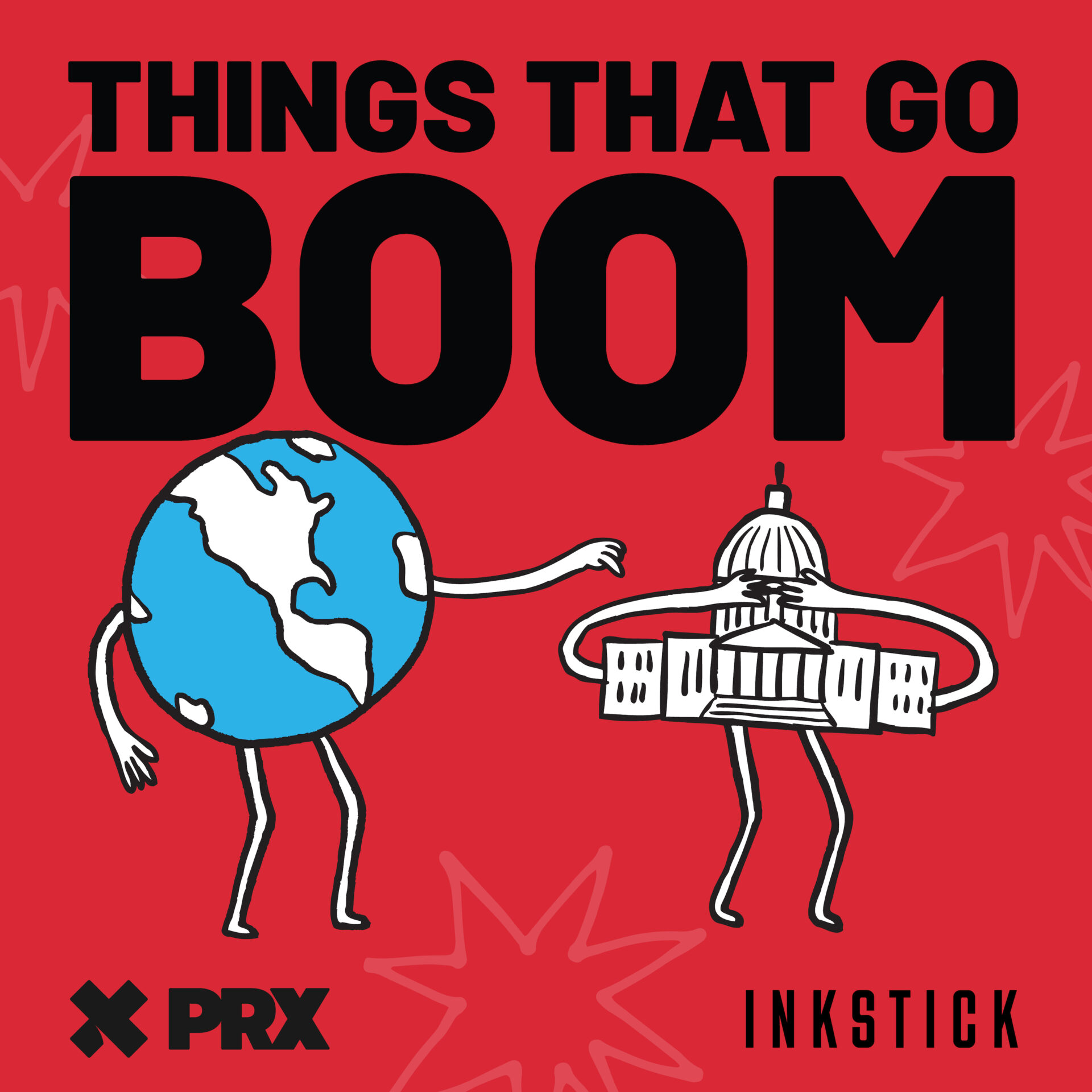
In our weekly newsletter Critical State, produced in partnership with The World, Kelsey Atherton provides readers with the reporting, perspectives, context, history and voices they need to understand a world that too often feels defined by crisis. Atherton’s “Deep Dive” also takes readers beyond the headlines to examine a new piece of academic research in the kind of detail that rarely appears in the media. Academics and policymakers have highlighted in their interactions with Inkstick how invaluable this resource is to their research, as it shines a light on work they might otherwise miss.
Critical State is 100% the best newsletter in my inbox. Thanks for all the wonderful work that goes into all of Inkstick Media!
Amplifying New Voices
Inkstick has nurtured and developed partnerships that increase the accessibility of policy analysis and elevate underserved voices. “We Didn’t Start the Fire” is a column in collaboration with Foreign for America’s NextGen network, a group of diverse young voices committed to principled American engagement in the world. Similarly, “Adults in a Room,” a series in cooperation with the Stimson Center’s Reimagining US Grand Strategy program, gives readers a peek into back-room discussions about national security policy without unnecessary jargon and acronyms. In “The Mixed-Up Files of Inkstick Media,” writers Molly Hurley and Lovely Umayam link pop culture with national security. And in her new column, young author Raimy Khalife-Hamdan centers human rights, needs, and agency in enacting US foreign policy. We are also working with OrgsInSolidarity to turn their reports into commentary that increases visibility and access to issues such as advancing equity, tackling microaggressions in national security, and productively engaging with media on national security issues. And this year, Inkstick took on a co-chairing role in the “Elevating Black and POC Voices” working group, an effort to help bring marginalized voices in national security into the mainstream.
The perspectives of those who have been historically silenced or spoken over are a mainstay in our publication. We’ve provided a platform for rethinking the arcane power structures of deterrence and nuclear policy, looked at how the legacy of African American migration, protection, and asylum should inform our international refugee policies, and provided a platform for young Afghan female activists grappling with the country’s path forward. We shared a Sami youth’s call for investment in climate resilient energy in the Arctic, explored how Native land became a target for nuclear waste, and how our history of nuclear weapons testing continues to have an impact on Indigenous food, made the link between domestic legislation on abortion rights and US imperialism and legacy of violence against Indigenous women, and shared never-released historic documentation from a Navy official implicated in horrific violence against the Chagossians by the construction of a US base at Diego Garcia.
We’ve also created new columns to invest in promising young voices. Anna Romandash is an award-winning Ukrainian journalist who delivers monthly dispatches that deep dive into the human, emotional toll of the war that surrounds her. Her profiles follow the life-altering choices Ukrainians make as their world is rearranged. She has written on a woman who joined the Ukrainian army to avenge the death of her fiancé; on an American ex-marine who volunteered to join Ukraine’s army; on Army chaplains; on a family that was split for months during the invasion; on young Ukrainians who are rebuilding with their own hands, and many others.
Olatunji Olaigbe is a Nigerian journalist who writes monthly reportage in his column on cybersecurity from the perspective of the Global South. Also an award-winning journalist and community organizer, he deep dives into urgent contemporary issues ranging from the quiet cyber war taking place in the shadows of the Sudan conflict, to how AI is impacting global elections, VPNs and global inequality, and others. His pieces have been translated and re-published internationally, and based on his coverage, the State Department invited him to speak as an expert panelist at the Foreign Service Institute.

Providing New Pathways To Enter the Global Security Field
With the Creative Capsule Residency we have expanded our unique interweave of creativity, political analysis and human empathy beyond the airwaves in a process-based 8-month residency for emerging creatives. With funding from the MacArthur Foundation and developed in partnership with Bombshelltoe Policy x Arts Collective, our inaugural residents took creative lenses to nuclear issues. Chantell Murphy is developing a film called Atomosphere that explores geography and nuclear mourning in New Mexico, asking tough questions about positionality, relationship to land and space, and the lingering impacts on lands and communities devastated by nuclear testing. Whit Montgomery is a painter who uses satire to explore the dystopic realities of normalized militarization. He is creating satirical posters from the “Department of Romaniticization” in Alpine Meadows, a fictional town set in a speculative future, living in the aftermath of nuclear war. Terrell Starr, host of the Black Diplomats Podcast and a survivor of Russia’s invasion of Ukraine, is exploring “nuclear blackmail” through the voices of Ukrainians on the ground.
We are committed to holding ourselves accountable in the process of, quite literally, changing the face of foreign policy. Inkstick’s annual audit is pushing the bar forward on diversity, equity, and inclusion in media. In 2022, 54% of Inkstick’s authors self-identified as women, and approximately 40% identified as people of color. 23% of our authors, further, identified as LGBTQ+, and 17% identified themselves as first-generation college students, while 32% identified as first or second-generation immigrants.
Our Authors
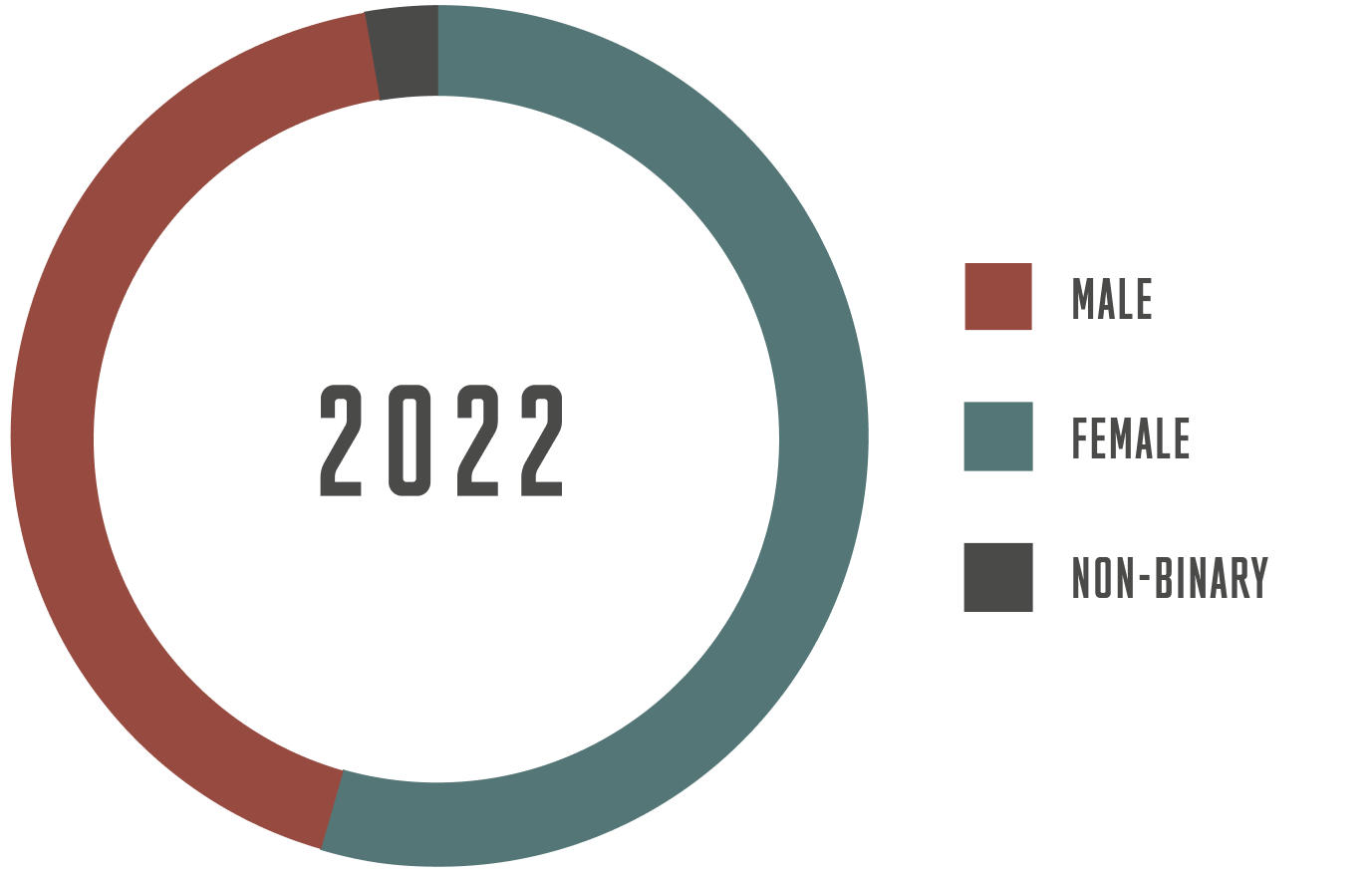
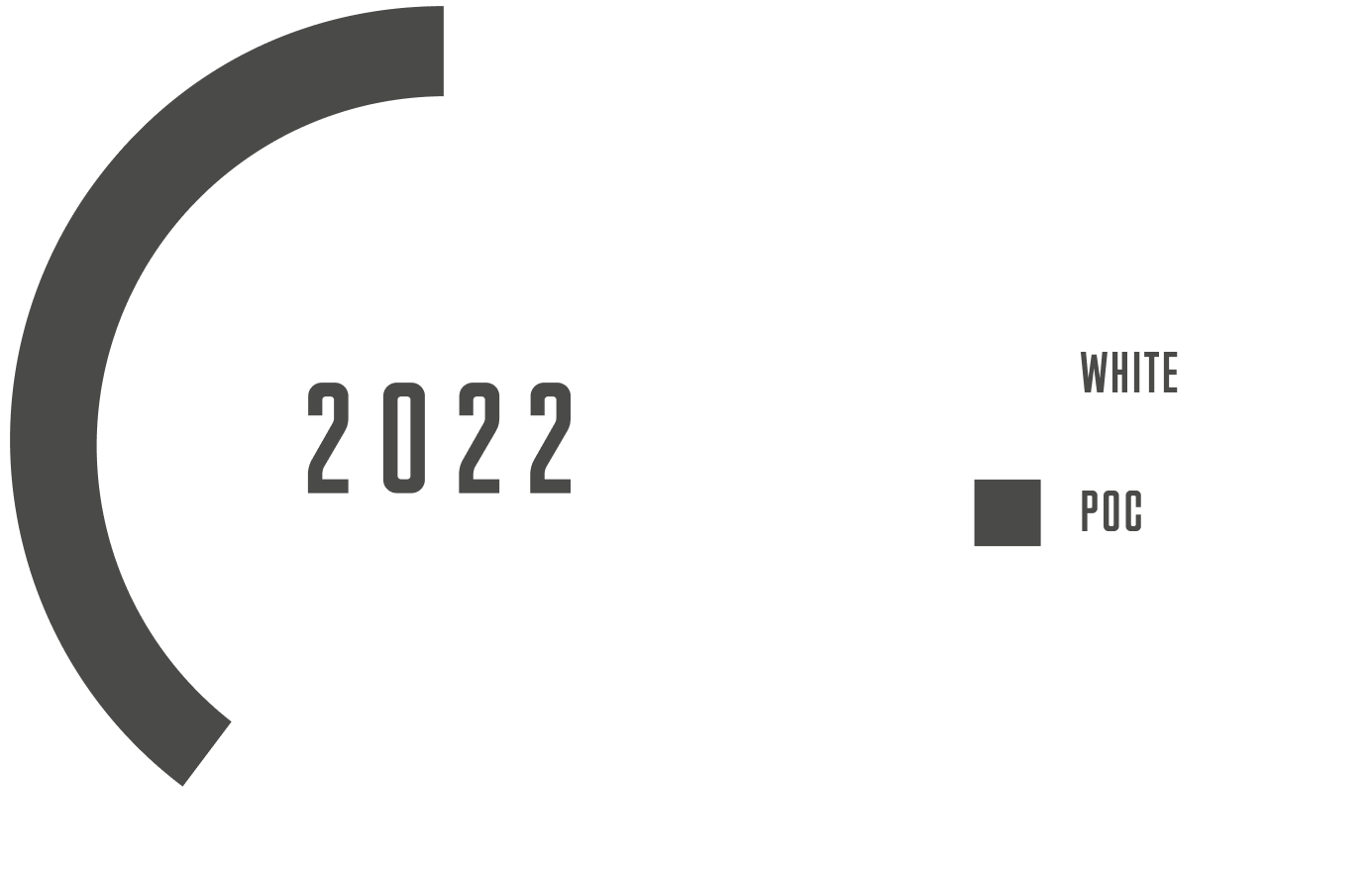
Our Podcast Guests
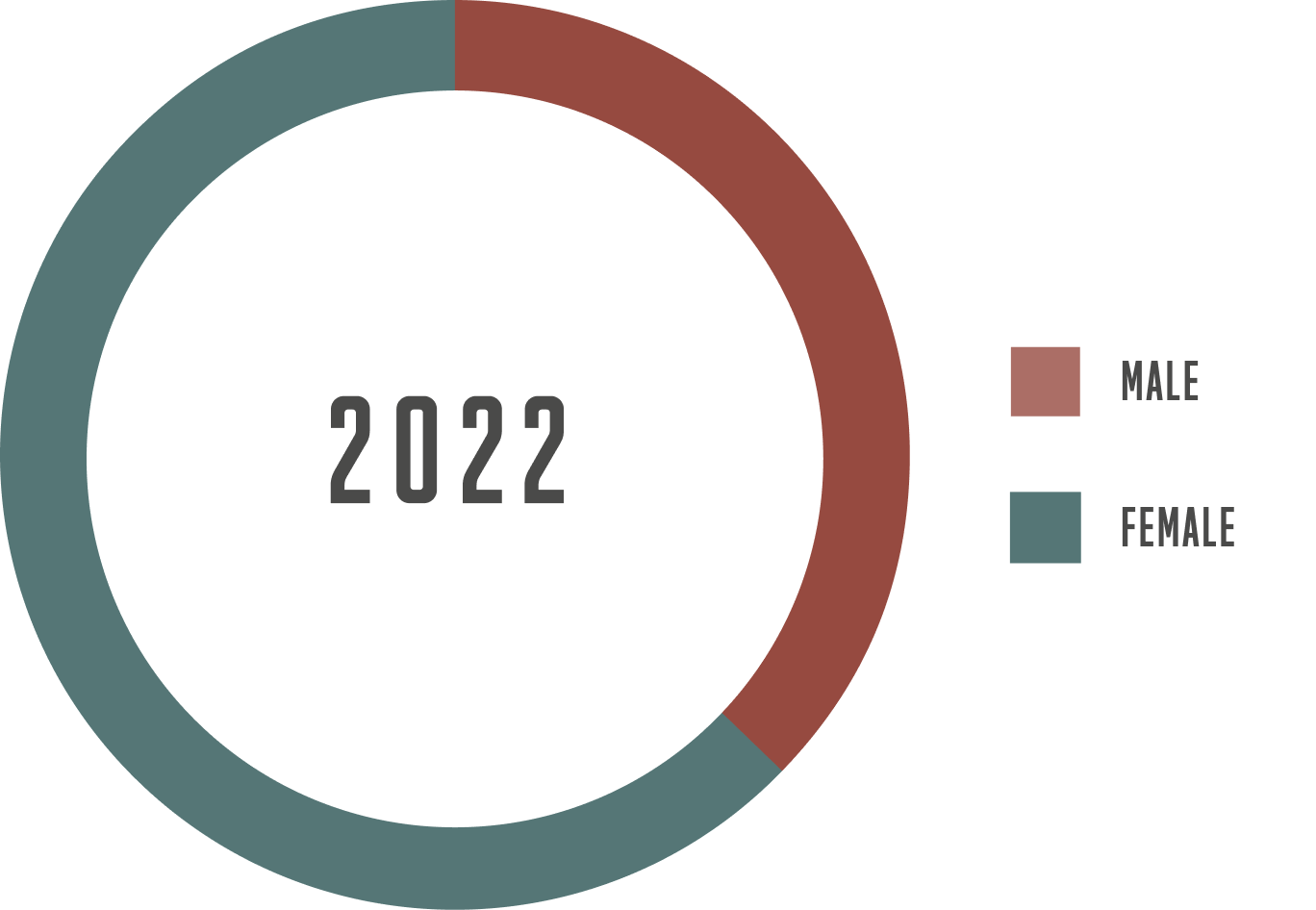
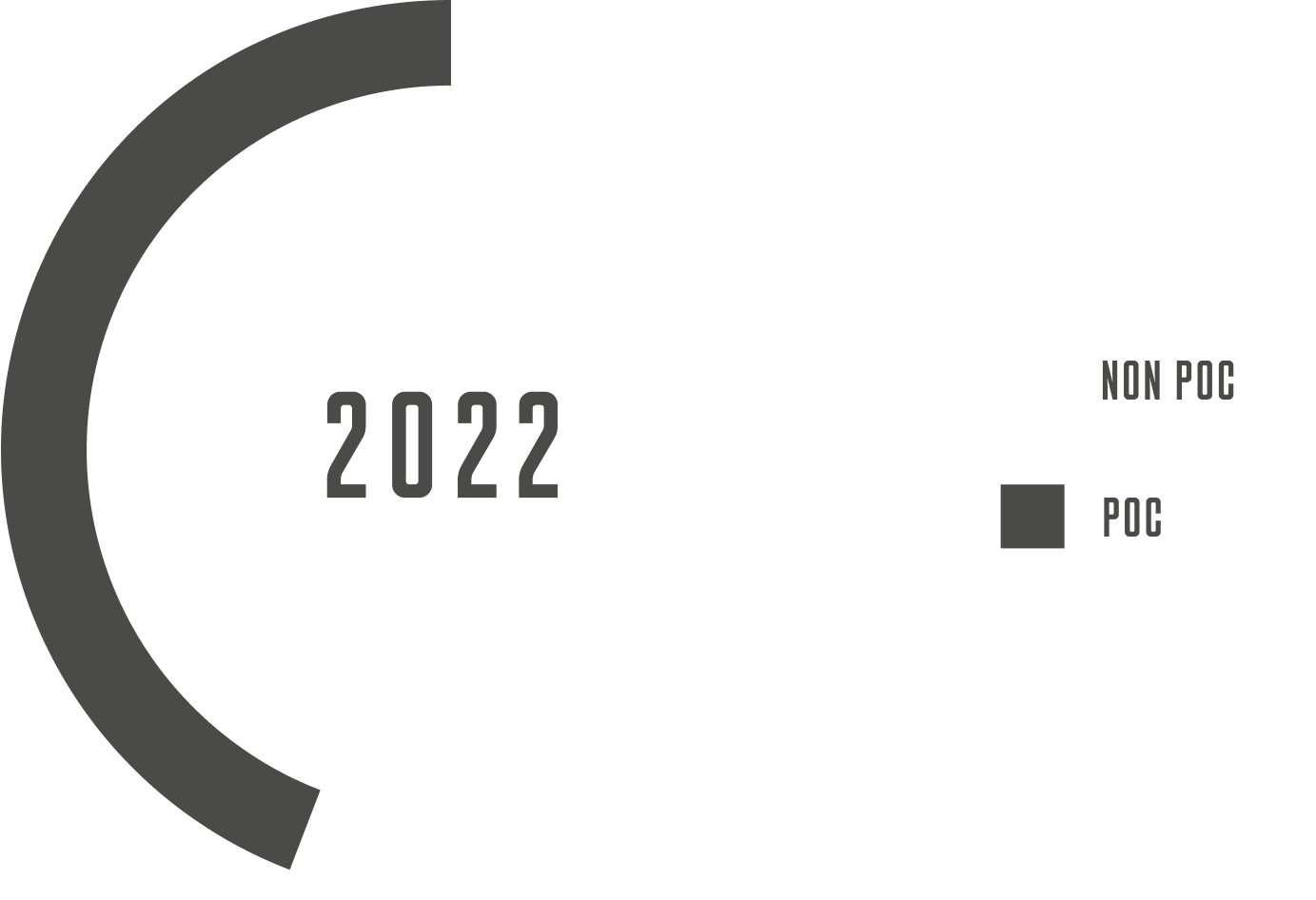
In 2022, we grew our reporting exponentially. Inkstick now publishes an average of 4-5 reported pieces a month, up from 1-2 pieces a month in 2021, in addition to our weekly newsletter, Critical State, and our seasonal podcast, Things That Go Boom. This work features original, on-the-ground reporting from journalists around the world and explores the many tangible human experiences at the heart of today’s pressing global security issues. Its expansion has allowed us to cover regions and topics we were previously unable to, including insights from Ukraine, Brazil, Argentina, Palestine, Lebanon, and to dive deeper into stories like the hidden cyber war that underpins the conflict in Sudan, a little-known resource that quantifies states’ and counties’ reliance on Pentagon spending, the struggle to save Iraq’s marshes, and the conspiracy supply chain.

Inkstick’s reporters tell stories that affect all of us, offering deep and distinct human perspective on today’s most important questions. Inkstick’s ability to pay these authors fairly for their work, however, is limited, and so, then, is our ability to push the limits of that work, commissioning the kind of groundbreaking reporting that will take our publication, and these conversations, to the next level. In order to achieve our goals, our reporting must continue to grow.
500,000+
unique broadcast listeners60,000+
unique podcast listeners> 1 mil
visitors/year> 15 MIL
social media impressions/year10,000
subscribersAudience Location
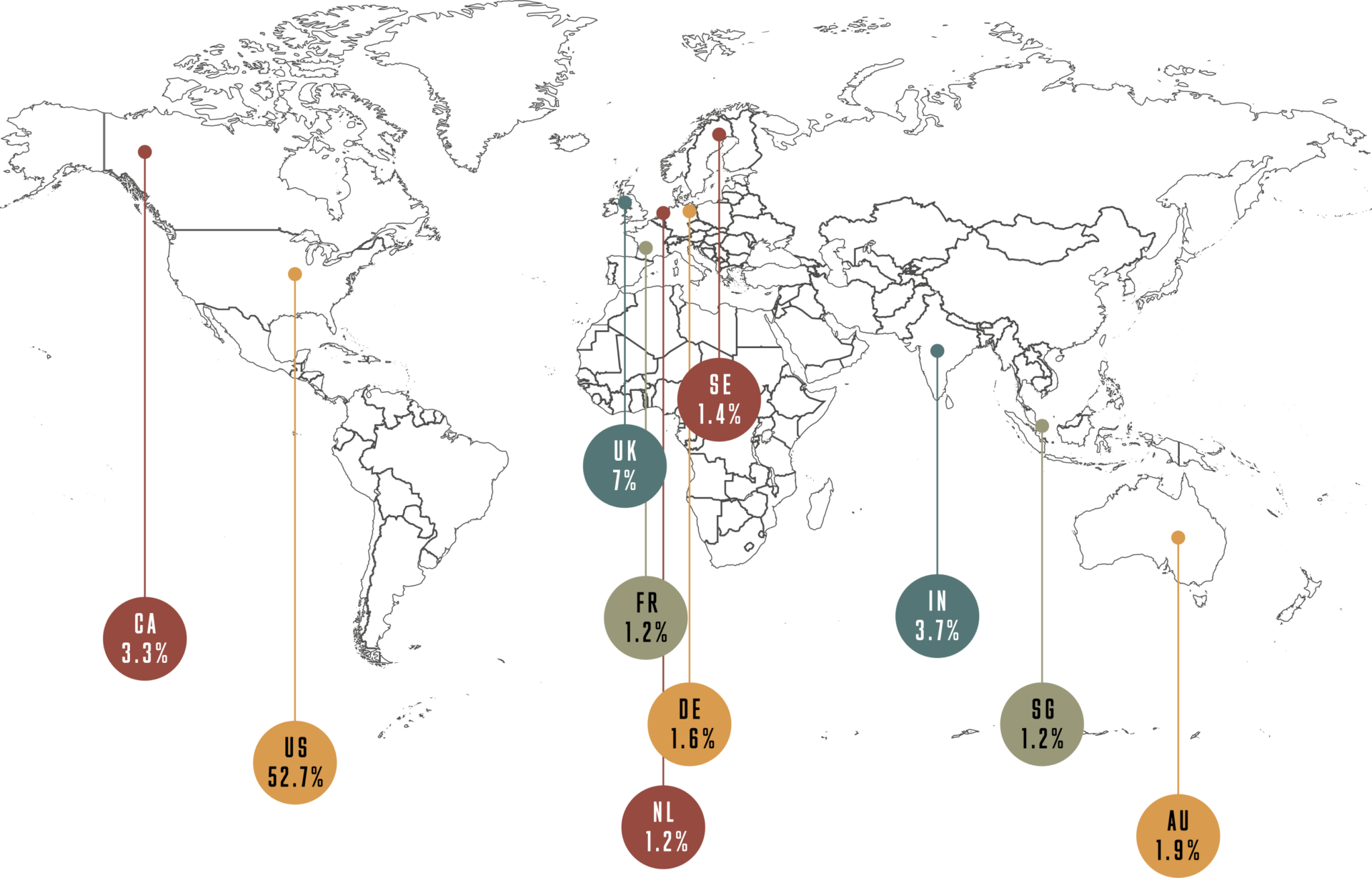
Breakdown by US State
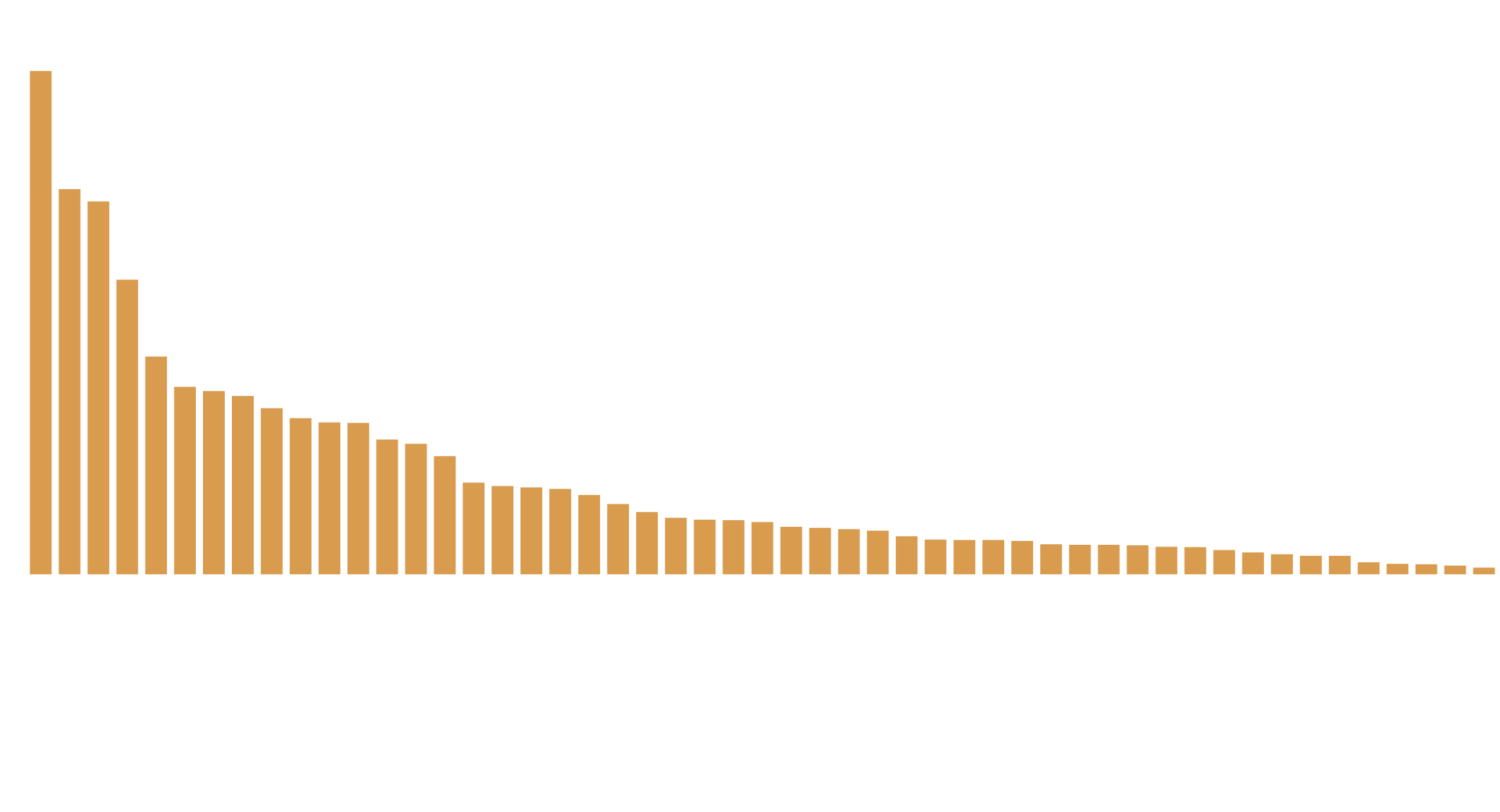
Inkstick Audience
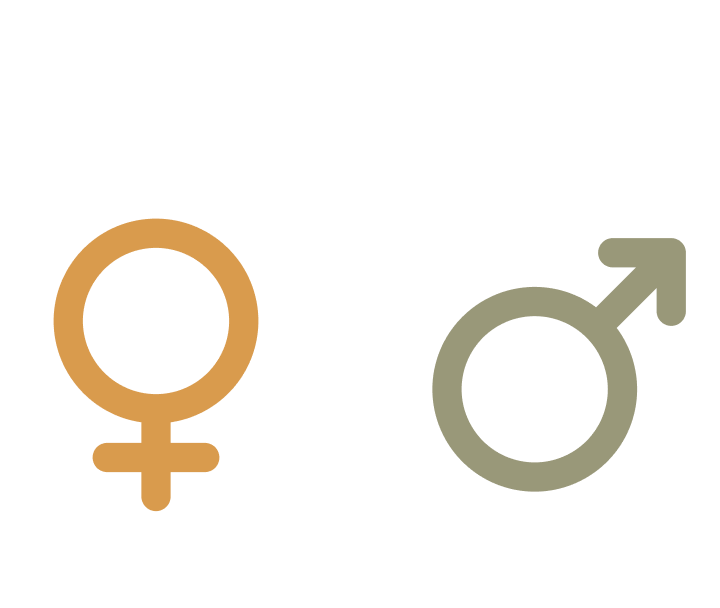
Inkstick was established as an independent 501(c)(3) nonprofit organization on July 6, 2020. In the three years since, we have grown significantly, but remain small, punching far above our age and weight.
2020-2022
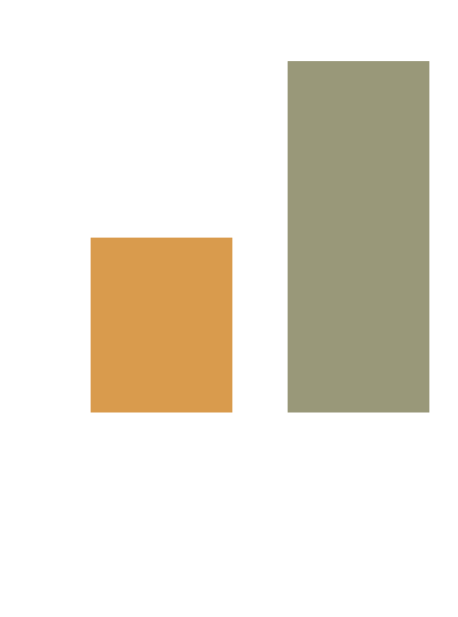
Expenses
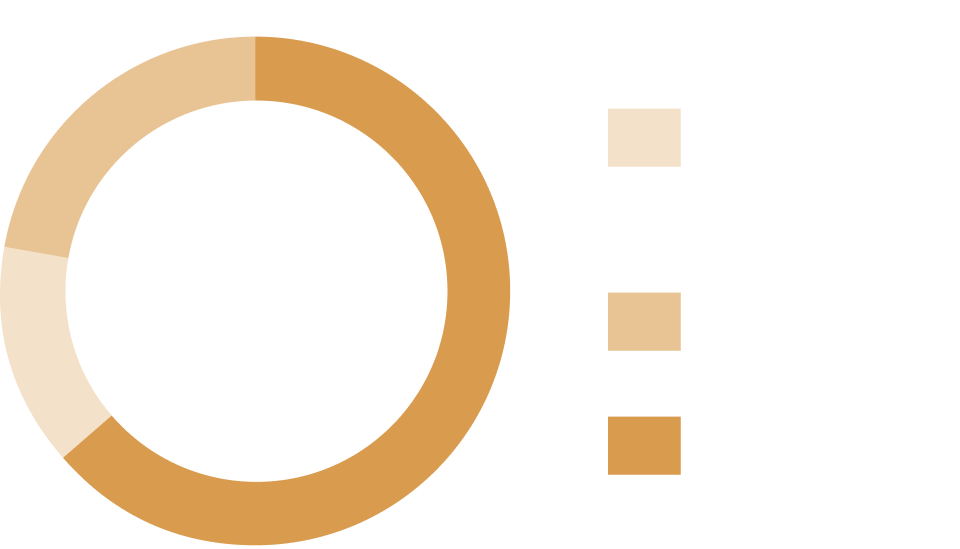
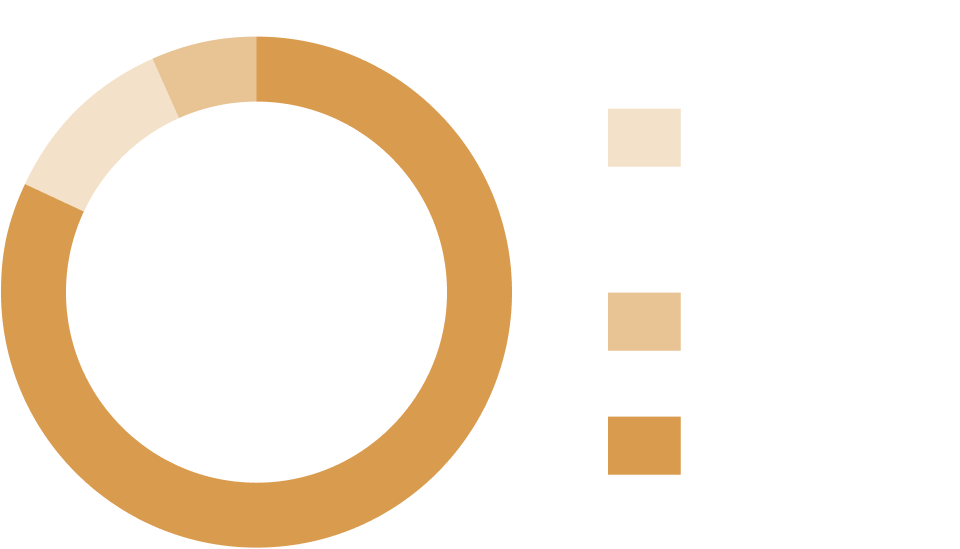
Our plan for the future offers a framework to broaden the impact and reach of our work to expand the depth of the world’s knowledge of the blind spots that color our understanding of safety and security.
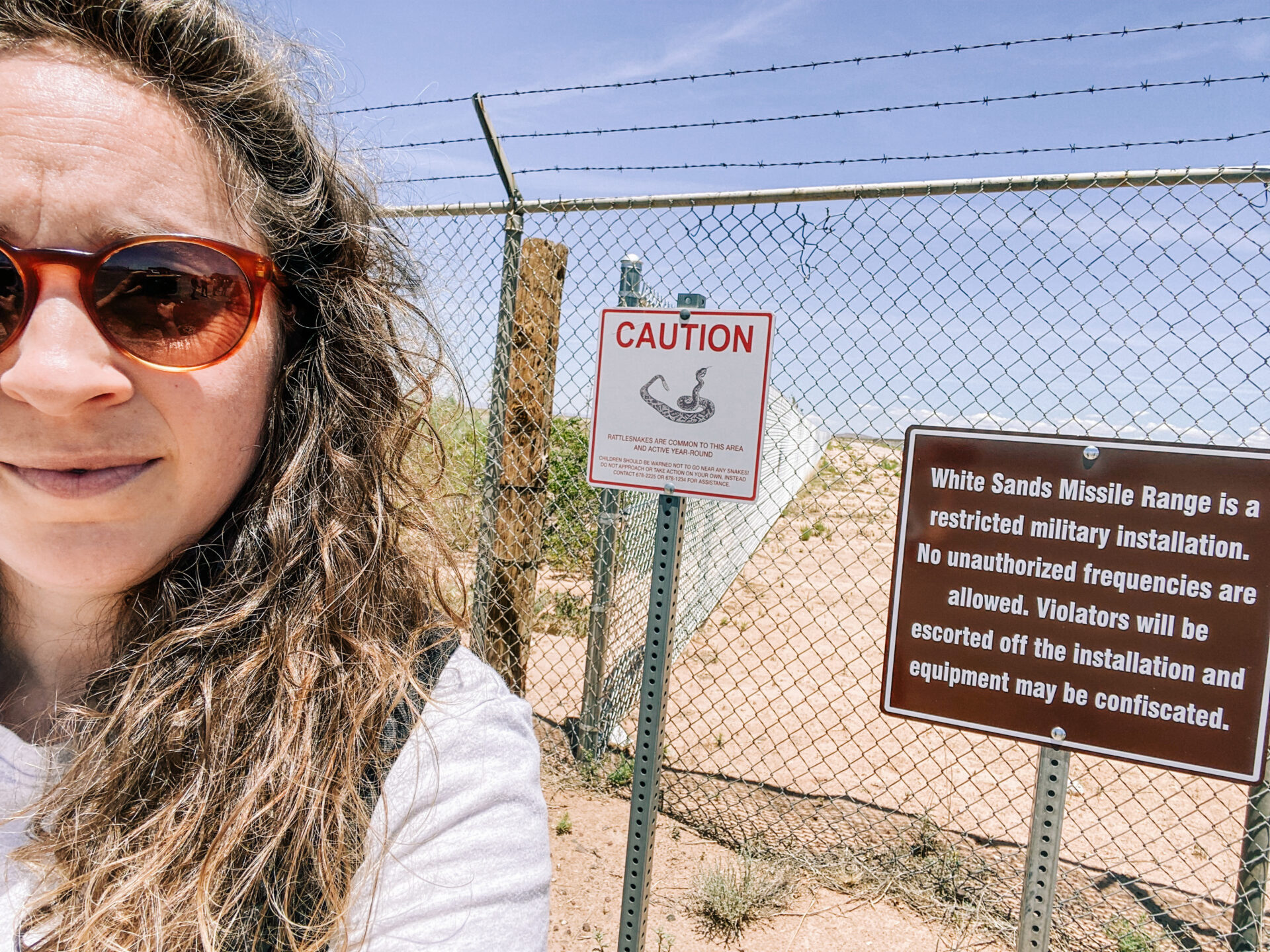
Investigative Reporting
The strength of small, niche outlets such as Inkstick is often underestimated. As leading public interest journalism outlet ProPublica has said, “More audience and greater reach does not necessarily enhance investigative journalism’s potential for impact. Large audiences, even if reached, may not be moved to act, or even to press others to do so. Targeting particular specialized audiences may prove more effective — and has, on a number of occasions, for ProPublica.” Inkstick aims to increase its capacity for investigative reporting significantly as it builds on its success in carving out a space for new voices and new perspectives in global security.
A key area for this expansion is in our coverage of local security issues. For us global is local is global and we report on security issues with precision and depth whether the locus of the story is in the US, Kyiv, Beirut, or anywhere else in the world. This global perspective, in which we study our own domestic security threats, questions and movements with the same lens we take to the rest of the world, is radical in a field that continues to divide the world into “us and them,” “here and elsewhere,” “domestic and foreign.” We are building this unique perspective through the work of Taylor Barnes, our reporter on the military-industrial complex, who is looking at the interweave of American militarization and local economies throughout the US. We’ve taken this lens to deep dives into the links between the army and domestic policing, prison abolition and international policy, and unionization rates at America’s top defense contractors. And we want to launch a project looking at class and security tensions in the US, breaking new ground in a space long ignored.
I am a career national security practitioner and a public policy educator. The exquisitely accessible presentation and expertly balanced blend of foundational and contemporarily topical content makes Things That Go Boom a perfect supplement to the multi-perspective experience I try to create for my undergraduates. Excellent, excellent work; please accept my thanks for your outstanding contribution to our shared awareness, as well as my profound professional respect.

Short-Form
Faced with a constant stream of content, short-form videos are quickly becoming the most popular avenue for attracting viewers and keeping them engaged. In fact, 73% of consumers prefer to watch a short form video to learn about a product or service, and this type of content is expected to continue to grow. These trends also apply to the consumption of information. Inkstick strives to meet its audience where they are. As we move to capture new audiences, we aim to expand our reporting to native short-form content. This will include bringing on a dedicated social media reporter, launching a TikTok, and expanding our newly-launched YouTube channel.
I learn so much every time. Thank you for making these complicated topics so digestible!
Sustainability
As our journalists report quality, impactful stories, we at Inkstick seek to bolster our capacity to support and promote their work by hiring staffers to support operations, fundraising, and audience-building, freeing Inkstick’s journalists to do what they do best.
We also hope, in the future, to dedicate time to professional development activities, such as trainings and networking events, so that we can learn to better harness the many tools and resources that exist to support the work of a nonprofit journalism outlet like ours, as we invest carefully and purposefully to increase our efficiency and ensure the trust of our generous donors.













